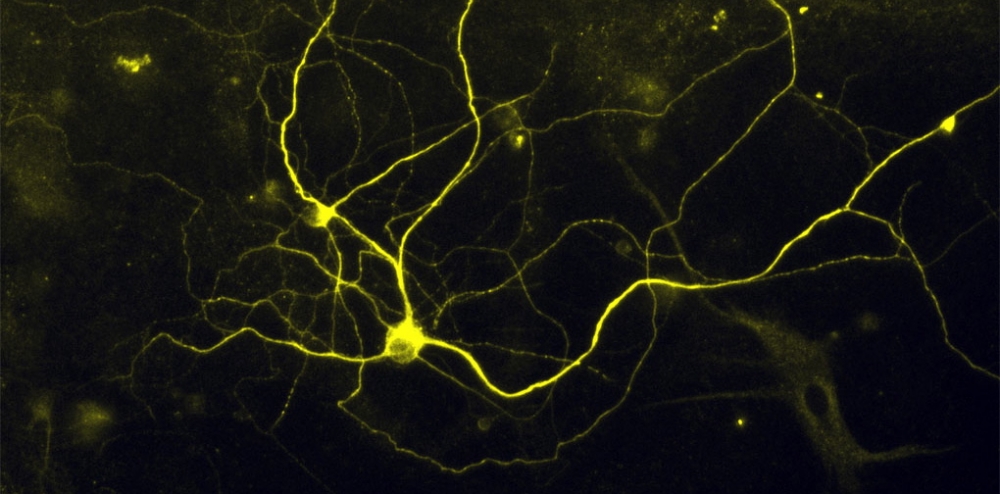The human Flap Endonuclease 1 (a.k.a. hFEN1) is a structure-specific nuclease involved in DNA replication and repair. This nuclease is thought to be a potential therapeutic target for treating cancers (e.g. chemosensitization, synthetic lethality) hence, the need for discovering and characterizing new hFEN1 inhibitors.
In a recent publication, Exell J.C. et al. have described the co-crystal structure of FEN1 bound with small molecule inhibitors. The authors also identified subtle differences related to the mechanism of action of the various inhibitors analyzed.
In parallel, they confirmed the synthetic-lethal interactions between FEN1 and Rad54b by exposing stably silenced Rad54b-deficient HeLa (SilenciX®) cell lines with these compounds known to inhibit FEN1. The authors thus confirmed the potential use of N-hydroxyurea FEN1 inhibitors in personalized or targeted therapies to fight cancer cells.
About the SilenciX® stable knockdown HeLa cell line

In this study, the authors used HeLa SilenciX® cell lines stably expressing shRNA against FEN1, and Rad54b as in vitro cellular models:
- Rad54B HeLa SilenciX (cat. nr 00301-00124)
- FEN1 HeLa SilenciX (cat. nr 00301-00089)
SilenciX® cell lines are ready-to-use, knockdown (KD) HeLa cell lines using a unique siRNA Delivery system. They are ideal experimental models for in vitro assays requiring stable and efficient gene-specific silencing. As of today, over 100 SilenciX® HeLa cell lines are available from tebu-bio (produced at their own European laboratories). Customized cell line development by tebu-bio’s lab team is also possible on request.
You might like to know more about SilenciX® technology and its applications in research and drug discovery (loss-of-function model, synthetic Lethality, personalised medicine, drug Selectivity mimicking Human disease model, therapy combination):
Follow this link to see how dozens of researchers have already benefited from it and published their data.
Source

Exell J.C. et al. “Cellularly active N-hydroxyurea FEN1 inhibitors block substrate entry to the active site” Nature Chemical Biology 12, 815–821 (2016) doi:10.1038/nchembio.2148



